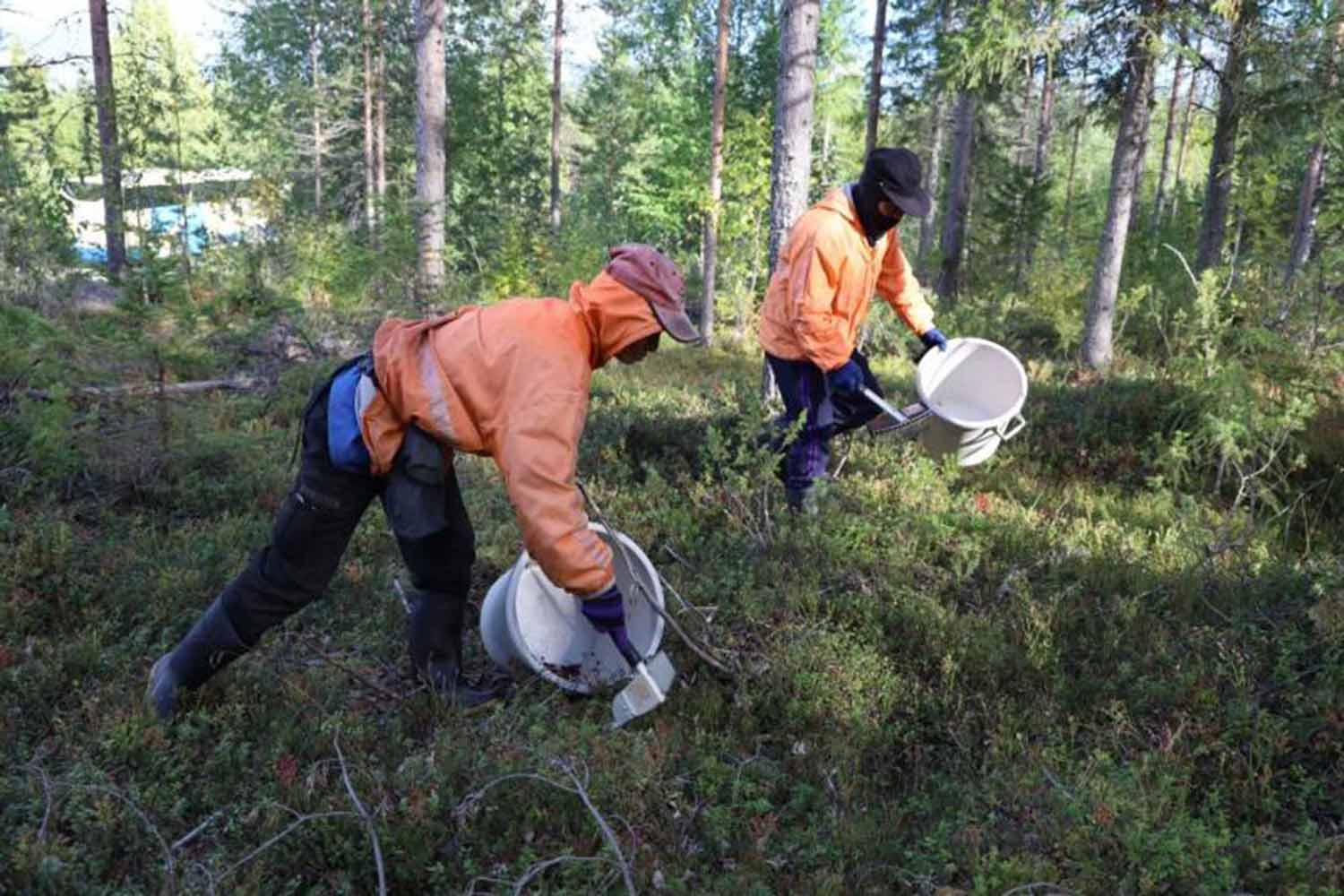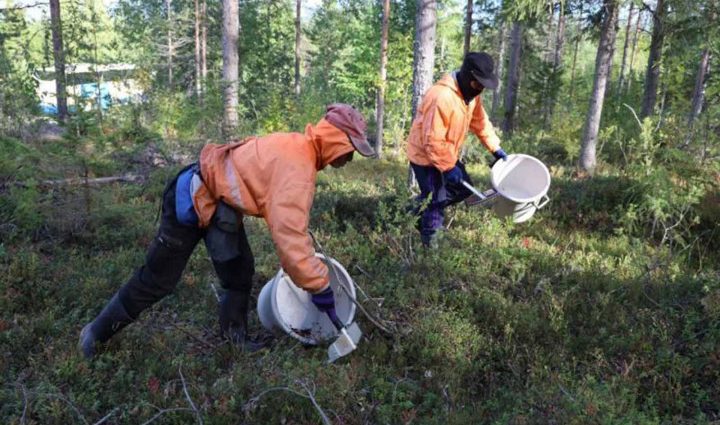
The Royal Thai Police (RTP) recently held talks on human trafficking with Nordic authorities, promising to push for more regulations related to contracts signed by labourers.
The discussion was led by deputy police chief Pol Gen Surachate Hakparn on May 16 and welcomed Janna Davidson, Swedish National Rapporteur, as well as representatives from the Nordic Police and Customs Cooperation.
Representatives from the Thai Labour Ministry, the Customs Department, human trafficking NGOs, and related sectors also attended the discussion.
According to Pol Gen Surachate — in his capacity as a director of RTP’s Child Woman Protection, Anti-Human Trafficking, and the Fishery Industry Centre — more cases of online child sex trafficking were reported and raided recently.
Due to an increase in human trafficking, Thailand was last year moved up to Tier 2 from the Tier 2 Watchlist in the United States 2022 Trafficking in Persons (TIP) Report.
Thailand’s success in raids against labour trafficking related to scams, namely call centre scam rings, was also raised by Pol Gen Surachate. However, he also saw that international coordination was still lacking since the scam rings were mostly based in neighbouring countries.
Ms Davidson praised the success of Pol Gen Surachate’s and Thailand’s efforts to tackle scam-related trafficking. However, Christian Froden from the Swedish Police Authority’s Human Trafficking Operations Department raised his concerns about the workload of Thai labourers who had obtained jobs as berry pickers in Sweden.
Following numerous complaints regarding unfair contract terms by Thai labourers, Wannarat Srisuksai, Deputy Permanent Secretary of the Labour Ministry, announced that the ministry is actively examining Thai-Nordic labour contracts.
In the 2022 report, at least 10,000 Thai labourers were sent to Sweden and Finland through recruiters, he said.
However, in October, a number of berry pickers filed complaints to the Labour Committee about forced labour conditions and unfair wages. The complaints said that the labourers were overworked — working a minimum of 10 hours a day for at least three months — while being underpaid.
The problem was left unsolved for at least nine years, since 2014, and reportedly affected at least 50 labourers.
The results of a negotiation between the Department of Employment’s director-general, Pairoj Chotikasatien, and the representatives of Thai recruiters and berry distributors said that their income needed to be ensured.
The labourers should have at least 30,240 baht of income left after their personal spending, it was decided. The amount was calculated from the guaranteed minimum monthly income of 23,183 Swedish krona, or 81,372 Thai baht — a standard salary agreed upon by both Thai and Swedish officials.

